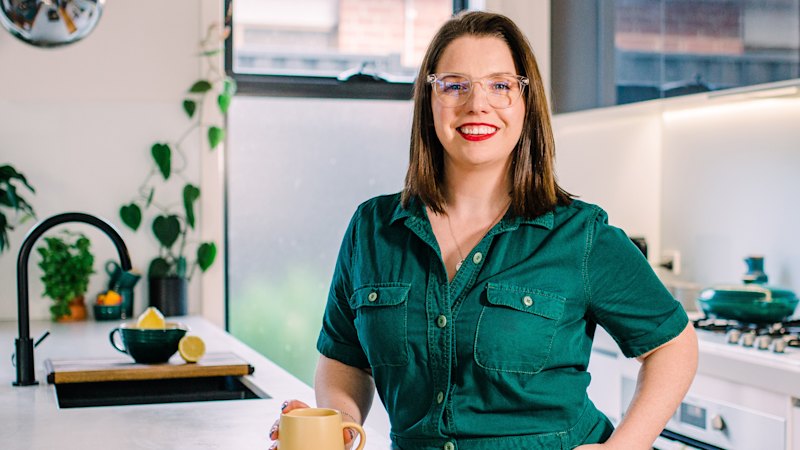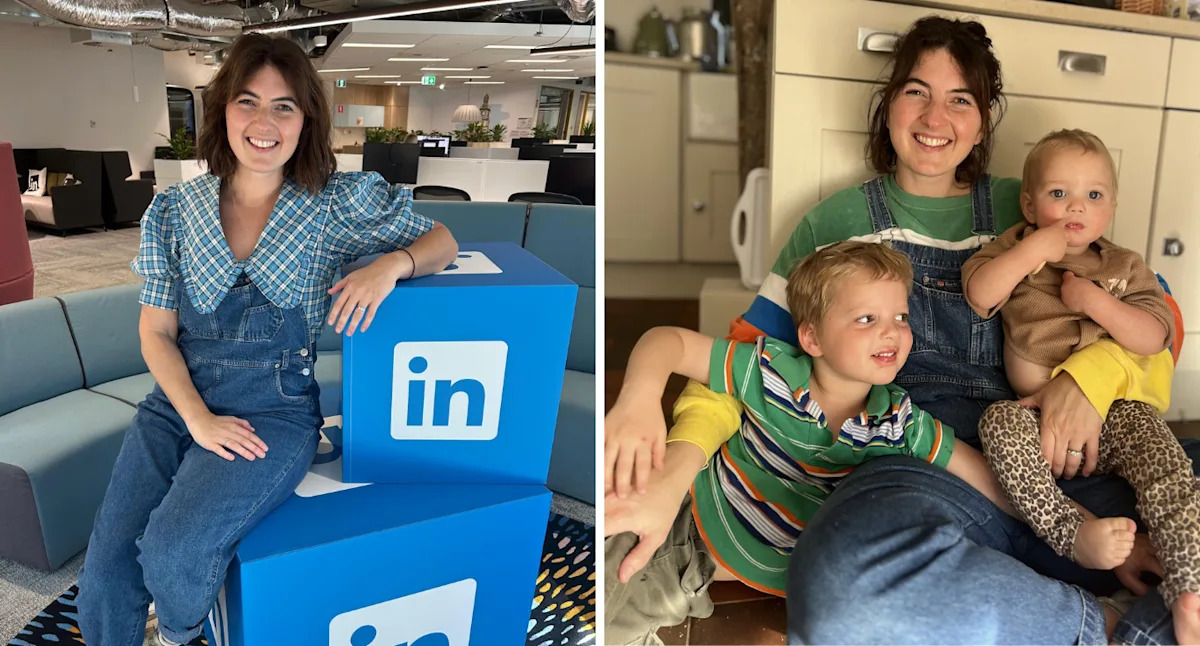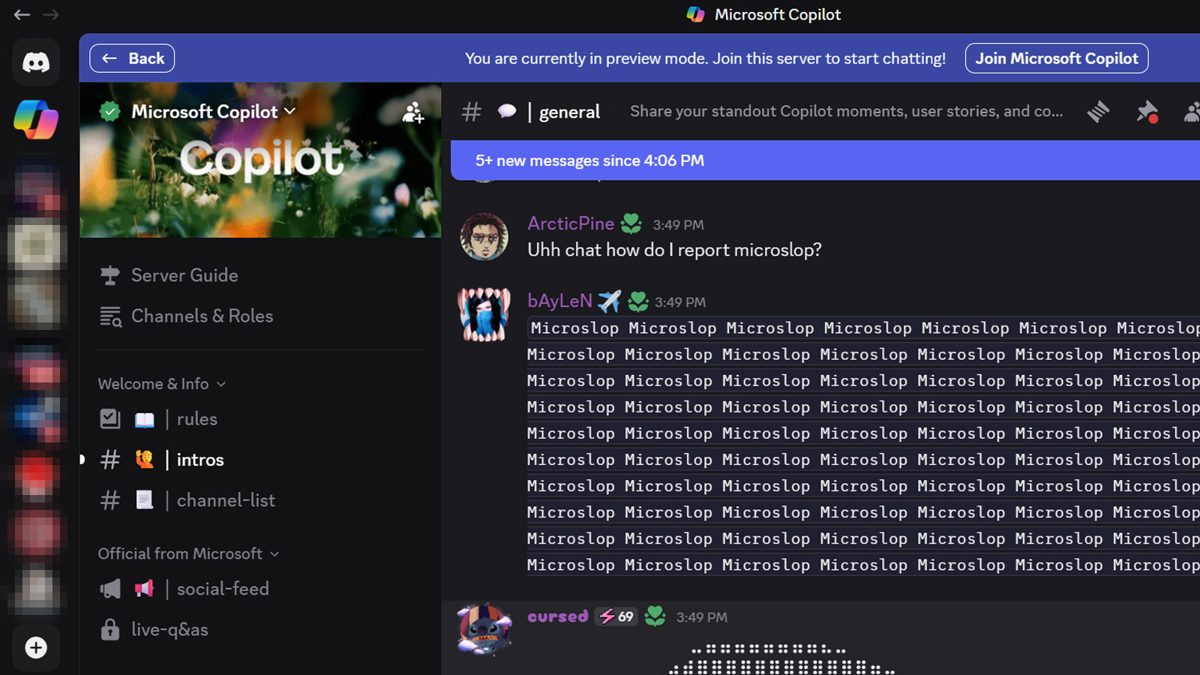
Jasmine Parasram discovered that traditional workplaces often failed to accommodate her neurodivergent brain, leading her to take a bold step: starting her own business. “I live with ADHD, and the shift to accommodate my work was to build a business where I get to design how I work, when I work, and who I work with,” she explained. “I wouldn’t say I found the ‘right job’ in the traditional sense – I built it.”
Before launching the Creative Business Kitchen, Parasram honed her skills as a graphic designer and finished artist in Adelaide and Melbourne. Now, she coaches other freelancers, many of whom are neurodivergent, to structure their offerings, pricing, and services in ways that support rather than drain their brains. “I’m so glad I set up my business because, if I’m honest, I don’t think I would be a very good employee any more – I have too much passion in pursuit of my own success to spend that on someone else’s dream,” she added.
Neurodiversity in the Workplace
Like Parasram, Jeremiah Hartmann Tesoriero was diagnosed with ADHD as a young adult, which significantly influenced his approach to work and life. Realizing that traditional workplaces weren’t always the best fit, he now thrives as a wedding MC, celebrant, and corporate presenter. “These roles lean into my strengths in communication, energy, and connecting with people,” he noted. “Living with ADHD will always impact the same areas, like organization and long-term planning, which make running a business more challenging.”
He has developed systems, delegated tasks, and designed work processes that allow him to earn a living and support his family. “At times it really can be a challenge, but I’d love to add to the discussion and perhaps show how neurodivergence doesn’t have to be an unfortunate set-up,” Tesoriero said. “AI is a wonder tool for neurodivergents because it allows us to understand and solve daily puzzles.”
Best Jobs for Neurodiversity
Chelsie Hyland, an executive general manager of employment services at AKG, which has over 30 years of experience in delivering employment services, shared insights on roles that suit neurodiverse individuals. “We’ve found that certain roles, especially those requiring precision, structure, and attention to detail, can be a natural fit for individuals with conditions like ADHD and OCD,” she stated.
However, Hyland cautioned that this is a broad observation, as each person brings their unique strengths, goals, and support needs. She recommends the following roles as a guide:
- ADHD: Fast-paced work environments help minimize boredom and combat reduced attention spans. Jobs with action and intensity that require quick thinking and adaptability can be ideal. These include creative roles like artists, marketing professionals, journalists, hairdressers, and teachers, as well as technical jobs such as accounting and web development.
- Obsessive Compulsive Disorder (OCD): Jobs that demand attention to detail may be a great fit. Highly structured roles are preferable to those prone to last-minute changes. Healthcare, teaching, engineering, construction, building, manufacturing, and quality control are well-suited for individuals with OCD.
Recognizing Unique Strengths
Vicky Little, chief operating officer at Specialisterne Australia, an agency dedicated to finding jobs for neurodiverse individuals, emphasized the importance of recognizing the uniqueness of each neurodivergent person. “Our vision is to create a world where people are given equal opportunities in the labor market,” she said. “We actively promote the employment of neurodivergent employees within the workplace, along with people with disability and gender diversity.”
Little stressed that fulfillment is best driven by individual passions and interests, rather than being constrained by labels. This perspective aligns with the growing recognition that neurodiversity can be a significant asset in the workplace, offering diverse perspectives and innovative solutions.
As the conversation around neurodiversity in the workplace continues to evolve, it is clear that creating environments where neurodivergent individuals can thrive is not only beneficial for them but can also lead to a more inclusive and dynamic workforce.






